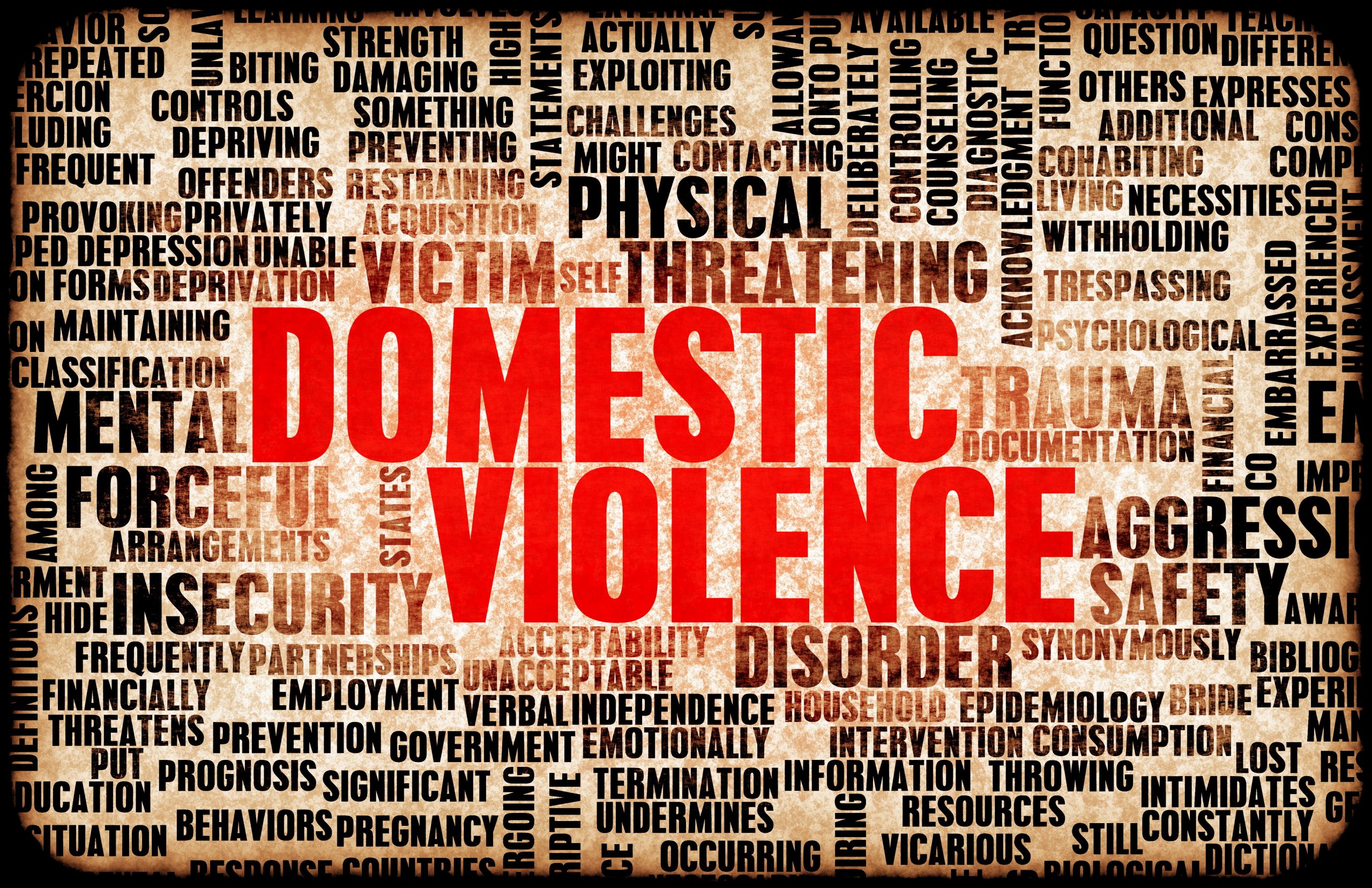
While some of us might even enjoy the privacy and seclusion imposed by Covid-19, for others social isolation might turn into devastating experiences with short- and long-term implications, including potentially irreparable costs to our society. Domestic abuse against children, partners and spouses during the pandemic has increased dramatically: Met officers across London reportedly made 4.093 related arrests in the six weeks up to 19 April – almost an average of 100 per day. Refuge, the largest domestic violence charity in the UK, referred to a 700% increase in calls to its helplines in a single day. Remarkably, a helpline for perpetrators of domestic abuse seeking help to change their behaviour also received 25% more calls after the start of the Covid-19 lockdown.
Domestic abuse involves not only physical abuse but all kinds of coercive and controlling behaviour, including emotional, sexual, economic and psychological abuse. Since 2012 the Government continuously seeks to address its degrading and ruinous effects through consultations, reporting schemes and support of helplines and charities. A new Domestic Abuse Bill is under way which just had its second reading on 25 April; it imposes a new statutory duty on local authorities to provide shelter and support to victims under the scrutiny of a Domestic Abuse Commissioner.
The level of violence in our family homes might just be reflective of the constraints, stress and anxieties families are facing when losing jobs, income and room for manoeuvre – and of their lack of capacities and capabilities to deal with these pressures. What can potential victims and perpetrators do to prevent such outbursts and/or to mitigate and how can law practitioners support them if things are about to escalate or have turned into aggression?
Under the Domestic Violence Disclosure Scheme (DVDS) members of the public, including friends, family members and agency workers can make a request to the police for disclosure if they believe that someone in their vicinity poses a risk. The information shared about the potential perpetrator can and must only be used to safeguard the potential victims; it will only be released if it is proportionate, lawful and necessary to do so. It is at the police’s discretion with whom they share the information; however, drawing up a safety plan and taking steps to safeguard the applicant and all relevant persons must have first priority.
If violence has already escalated, victims can protect themselves by issuing non-molestation orders and occupation orders. These are injunctions prohibiting perpetrators to occupy or even approach the common household. In light of the sensitivities that arise from such draconian matters – the perpetrator must no longer contact their spouses or children – victims should only seek them if assisted and protected by the police. Non-molestation and occupation orders are effective measure but can be costly if no public funding is available. They may also involve several court hearings to do full justice to both parties’ positions and achieve a sustainable solution.
As the Government puts new focus on educational and preventive measures to confront domestic abuse not only when it is too late, so should affected parties and families do before things deteriorate. Family proceedings offer a variety of solutions and support parties in making realistic assessments of their situation, so that they can find dignified and amicable exits out of relationships that run risk of ending in distress and aggression.
The Courts actively encourage parties to resolve their conflicts by alternative dispute resolution and to choose a mediator who deserves their trust and confidence. Mediation can be publicly or privately funded; it can be structured or transformative, depending on the emotional and psychological dispositions of the affected parties.
Even if things got out of control and divorce proceedings seem be the only way to prevent future disaster, parties are still able to influence lengths, costs and consequences of these proceedings. They can choose between formal and informal separation and make their own arrangements, if divorce is not their preferred option. Parties may also want to take precaution by setting up a post-nuptial agreement. This agreement steps in if they feel that their partnership or marriage has not yet come to an end, but they want to bring more clarity, financial security and control into the relationship. Provided with a fresh and stable basis, the latter might even become apt to endure future constraints and crisis.